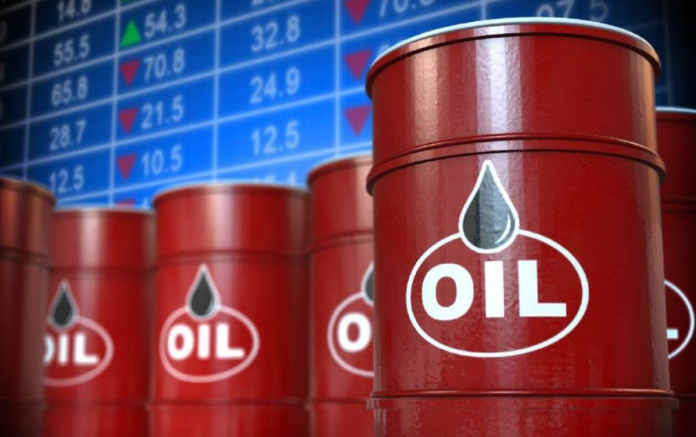Nigerian crude oil grades, particularly Bonny Light, see rising demand as the country improves its refining capacity and gears up for increased exports in January.
Bonny Light, Brass River, and Qua Iboe trade near $74 per barrel, outpacing Brent crude, which currently stands at $73.7 per barrel. Export schedules reveal that Nigerian crude exports, including Bonny Light, Qua Iboe, Bonga, and Forcados, will rise from 770,000 barrels per day to 841,000 barrels per day in the coming months.
Refineries Back in Operation
The Port Harcourt Refinery resumes operations, loading petroleum products daily for marketers. The refinery produces household kerosene, automotive gas oil, premium motor spirit, and other products.
The facility operates with two wings: an older plant with a capacity of 60,000 barrels per day, built in 1965, and a newer one that processes 150,000 barrels per day, giving the refinery a combined capacity of 210,000 barrels daily.
Meanwhile, the Dangote Refinery, Africa’s largest oil facility, operates at full capacity. It began distributing premium motor spirit from its 650,000-barrel-per-day plant in September 2024.
Crude Production and Security Measures
Nigeria’s crude oil production decreases slightly, from 1.54 million barrels per day (bpd) in September to 1.53 million bpd in October, according to recent reports. However, interventions by the Nigerian National Petroleum Company (NNPC), security agencies, and international partners have boosted production to 1.8 million bpd.
NNPC Chief Mele Kyari confirms that targeted measures, including enhanced pipeline security and joint operations in the Niger Delta, have curbed oil theft and sabotage. Earlier this year, legislators estimated that Nigeria lost 400,000 barrels of crude daily to theft.
President Bola Tinubu, who declared a state of emergency in the oil sector in June, orders security forces to clamp down on criminal activities. Improved security along the Trans Niger Pipeline now allows operating companies to produce more efficiently.
Reforms in the sector, including updated fiscal frameworks, aim to attract investment and unlock an estimated 11.3 billion barrels of oil equivalent in untapped reserves, says Presidential Adviser on Energy Olu Verheijen.
Global Oil Market Trends
Global oil prices face pressure due to slow demand growth in major markets like the United States and China. Brent crude futures currently trade at $72 per barrel, while West Texas Intermediate (WTI) stands at $68.58.
The recent ceasefire between Israel and Hezbollah eases concerns over supply disruptions in the Middle East, helping stabilize prices. Analysts suggest that without new geopolitical tensions, oil prices are unlikely to exceed $85 per barrel by the end of the year.
Gasoline inventories rise by 3.3 million barrels as of November 22, defying predictions of a slight decline ahead of record holiday travel.
Nigeria’s Position in the Market
Nigeria’s efforts to revitalize its refining sector and secure oil infrastructure position it for growth in the global energy market. Increased exports, robust security measures, and new investment opportunities signal a shift toward greater stability and productivity in the country’s oil industry.













